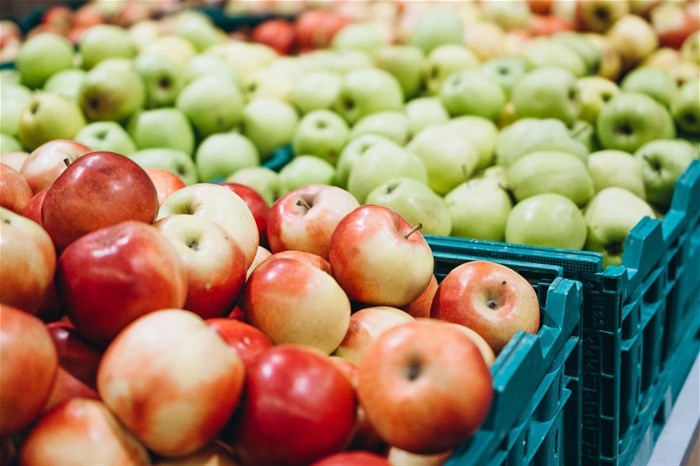Subscribe & Follow
Trending





 Vicinity Media: How we use DOOH in our retail solutionSharné Daniels, Chanté Naidoo & Olav Westphal
Vicinity Media: How we use DOOH in our retail solutionSharné Daniels, Chanté Naidoo & Olav Westphal
Jobs
- Regional Manager Durban
- Technical Journalist Paarl
WCape Govt commits to protecting export fruit industry with R2m investment

The SIT programme is delivered by X Sterile Insect Technique (X-SIT), forming part of the RBX Group, and is a subsidiary of the Citrus Growers' Association of Southern Africa (CGA).
The RBX Group develops, supplies and supports sustainable crop protection products that assist in keeping export crops free of pests so that they can meet international phytosanitary regulations and food safety requirements. X-SIT helps to retain international market access for a critical sector of the South African economy.
The Western Cape exports approximately 20 million 15kg cartons of citrus per season, generating a substantial amount of revenue and supporting approximately 30,000 jobs in the province. The citrus industry as a whole sustains the livelihoods of 140,000 South Africans.
Sustainable Integrated pest management
The Sterile Insect Technique used by X-SIT is a sustainable and environmentally safe practice that does not make use of any pesticides. In combating FCM, the practice involves rearing large numbers of male and female moths, sterilising them by exposure to radiation and then releasing them into the orchards.
When the sterile moths mate with wild moths, the eggs that are produced are not viable. This leads to a huge reduction in the FCM population over time.
The SIT treatment programme started in 2007 in Citrusdal, following research by the CGA's research subsidiary Citrus Research International, as well as the International Atomic Energy Agency and the United States Department of Agriculture.
Hannes de Waal, Chairman of the CGA, welcomed the support from the provincial government for the programme. "We are truly grateful to the Western Cape Department of Agriculture. Projects such as this are important in keeping key markets like Europe and the USA open to producers. We are proud to contribute to communities through both job creation and environmental preservation."
Playing a critical role in the fruit, export basket
The Western Cape Minister of Agriculture, Dr Ivan Meyer, said: "The Western Cape Department of Agriculture’s support gives access to citrus growers who find the SIT Programme unaffordable, supports compliance with export requirements and protects jobs within the citrus industry."
Minister Meyer continued: "The citrus industry plays a critical role in the fruit and export basket of the Western Cape, and job creation and economic development in the province."
"The Sterile Insect Technique is a proven intervention, as research has shown that it reduces fruit infestation and export rejections, and reduces the risk of fruit destined for export being rejected by the importing country," added the Minister.
The SIT programme supports 140 jobs and is not only used for citrus crops. Currently, it is used on 19,500 hectares of varied crops, including table grapes and stone fruit. The facility in Citrusdal has the potential to increase this to over 40,000 hectares.
De Waal is hopeful about the future. "SIT programmes around the world are rather expensive but serve as a critical base for a more sustainable Integrated pest management approach to key pest control. We hope support will continue and encourage other funders to realise the importance of the Sterile Insect Technique in export crop protection."








